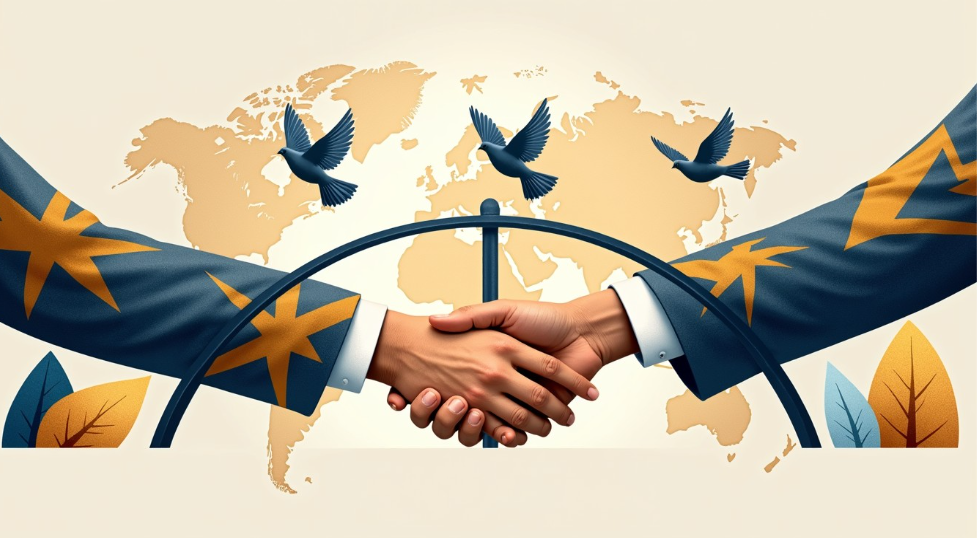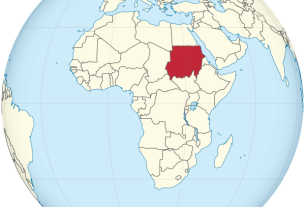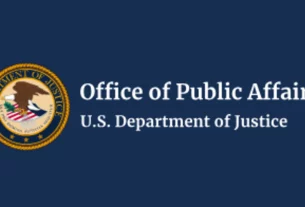MOSCOW / KYIV — August, 2025 — Russia and Ukraine conducted a reciprocal prisoner exchange on Thursday, each releasing 84 detainees in a move widely seen as a confidence-building gesture ahead of a high-level summit between Russian President Vladimir Putin and former U.S. President Donald Trump in Alaska.
The exchange, mediated by the United Arab Emirates, marks the latest in a series of negotiated swaps between the two countries, which have seen hundreds of prisoners of war (POWs) returned in recent months amid ongoing hostilities and intermittent diplomatic engagement.
🔁 Details of the Exchange
According to official statements:
- Ukraine’s released prisoners included both military personnel and civilians, some of whom had been held since 2014, 2016, and 2017.
- Among those freed were “defenders of Mariupol,” referencing soldiers captured during the 2022 siege of the strategic port city.
- Russia confirmed that 84 of its servicemen were returned and are now receiving medical and psychological care.
Ukrainian President Volodymyr Zelensky shared images of the returning captives, many draped in national flags and reunited with family members. He reiterated that further exchanges are planned in the coming weeks.
🕊️ Diplomatic Context
The timing of the exchange is significant, occurring just one day before the Trump–Putin summit in Anchorage, Alaska. While the summit’s formal agenda remains undisclosed, analysts suggest that prisoner exchanges and humanitarian issues may feature prominently in the discussions.
The swap follows three rounds of peace talks held in Istanbul between May and July, during which both sides agreed to exchange up to 1,200 prisoners each. Russia has also reportedly offered to return the remains of 3,000 Ukrainian soldiers killed in combat.
🌍 International Response
The exchange has been welcomed by humanitarian organizations and international observers as a rare moment of cooperation amid a protracted conflict. However, concerns remain over the treatment of detainees and the broader conditions of captivity.
The United Nations and Red Cross have called for continued transparency and adherence to international humanitarian law in future exchanges.



